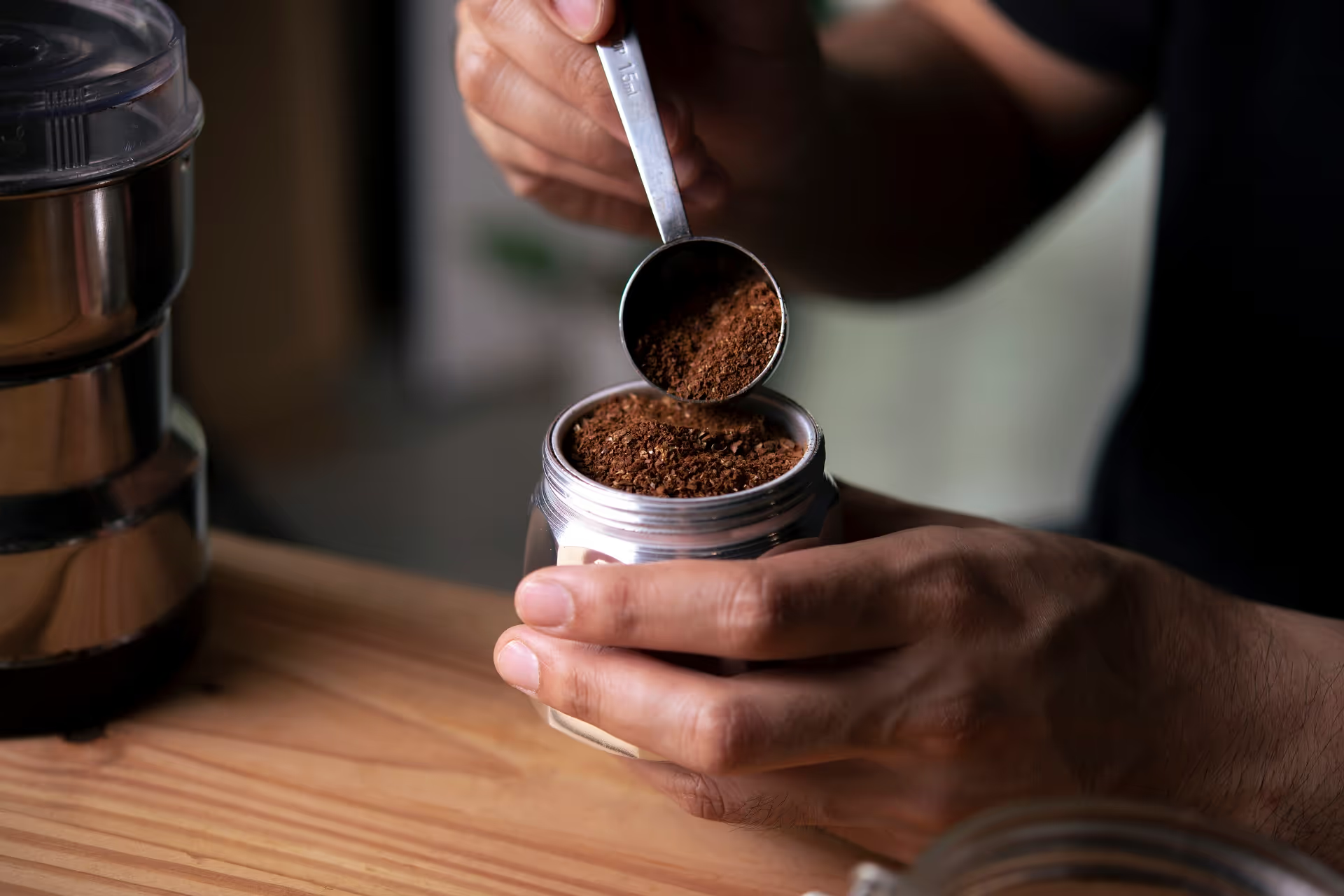Researchers at the University of New South Wales (UNSW) have discovered that wine and coffee byproducts could revolutionise battery technology. This innovative approach not only promises to make batteries more efficient and eco-friendly but also addresses significant sustainability concerns.
The challenge of current battery technology
Green and circular battery supply chains are essential for the green transition because they ensure that the shift towards renewable energy sources is both sustainable and environmentally responsible. Lithium-ion batteries, which power everything from smartphones to electric vehicles, rely heavily on graphite for their anodes. However, the production of graphite is environmentally taxing, involving energy-intensive mining and purification processes. Approximately 60% of graphite is lost during these steps, which require high temperatures and strong acids, leading to a substantial environmental footprint.
By adopting green and circular supply chain practices, we can significantly reduce the environmental impact of battery production. This includes sourcing materials sustainably, recycling and reusing battery components, and minimising waste throughout the production process. Such practices not only conserve natural resources but also reduce greenhouse gas emissions and pollution. Ensuring a green and circular supply chain for batteries is crucial for achieving a truly sustainable energy transition, supporting the broader goals of climate neutrality and fostering a resilient, eco-friendly future.
A sustainable alternative
The UNSW team has developed a method to replace graphite with compounds derived from food acids found in wine, such as tartaric and malic acids. These acids are not only abundant but also possess the necessary chemical properties to enhance battery performance. This new technology could lead to batteries that charge faster, store more power, and have a longer lifespan.
In addition to wine byproducts, waste coffee grounds have shown great potential in battery technology. Researchers have identified that carbon from coffee waste can create a porous structure within battery electrodes, improving stability and performance. This could be particularly beneficial for lithium-sulphur batteries, which promise higher capacity but suffer from stability issues.
Re-using side streams and waste in the food sector
The innovative use of wine and coffee byproducts exemplifies the potential of re-using side streams and waste in the food sector. Globally, approximately 1.05 billion tonnes of food are wasted annually, with 19% of food available to consumers lost at retail, food service, and household levels. By transforming these byproducts into valuable resources, the food industry can significantly reduce waste and contribute to a circular economy. This approach not only minimises environmental impact but also adds value to the food supply chain, creating new revenue streams and fostering sustainable practices.
The road ahead
The researchers have already demonstrated the viability of their technology with a coin-sized prototype and are now working on scaling up to larger batteries suitable for mobile phones and other devices. They are also exploring the application of this technology to sodium-ion batteries, which are seen as a complementary solution to lithium-ion batteries for renewable energy storage.
By utilising waste products from the wine and coffee industries, this innovative approach not only diversifies the inputs for battery production but also significantly reduces the environmental impact. As the demand for renewable energy and efficient storage solutions grows, these advancements could play a crucial role in creating a more sustainable future.
This breakthrough highlights the potential of upcycling in the beverage industry and sets a precedent for future innovations that turn waste into valuable resources.
Intellectual property considerations
Scientific innovation, like the use of wine and coffee byproducts in battery technology, can easily form the foundation of a new company. In the early stages, the majority of such a company's value lies in these scientific breakthroughs. Therefore, it is essential to have a robust intellectual property (IP) strategy to support growth and commercialisation.
Patents can protect inventive products, methods, and/or uses. When drafting patent claims, it is crucial to consider exactly which products, methods, and uses provide commercial value and ensure that protection is obtained for all relevant aspects of the technology. For instance, patent claims directed solely to the method of making wine or coffee from which the waste product is derived may not always provide adequate protection for the side stream product itself. This means that competitors could be free to commercialise the side steam independently.
This is notwithstanding the value that can be derived from a robust trade secrets policy and considerations for brand protections and licensing.
Developing an IP strategy that leverages maximum value from innovation requires thorough consideration of the business case and the entire commercial portfolio. This holistic approach ensures that all valuable aspects of the technology are protected, facilitating successful growth and commercialisation. This is particularly important when attempting to commercialise cross-sector innovations such as this.
If you are an innovator with food or cleantech and would like to discuss how you can maximise both the impact and the value of your ideas, please contact our dedicated food and agritech or energy and cleantech team today.





























.jpg)